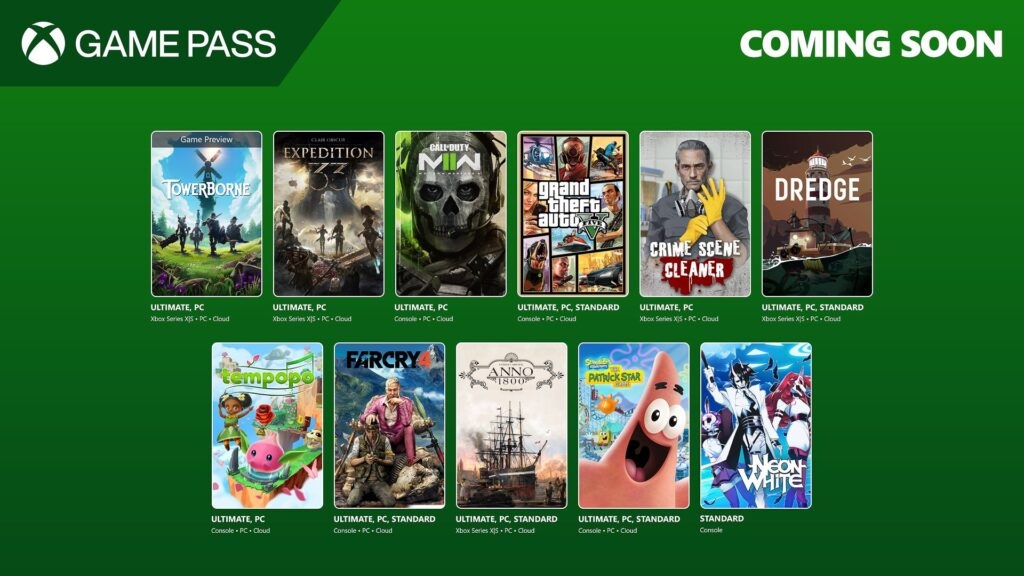Microsoft needs to prove it's serious about Cortana — before it's too late
Cortana, previously the buzzword of every Microsoft press conference, has been slipping increasingly into obscurity.
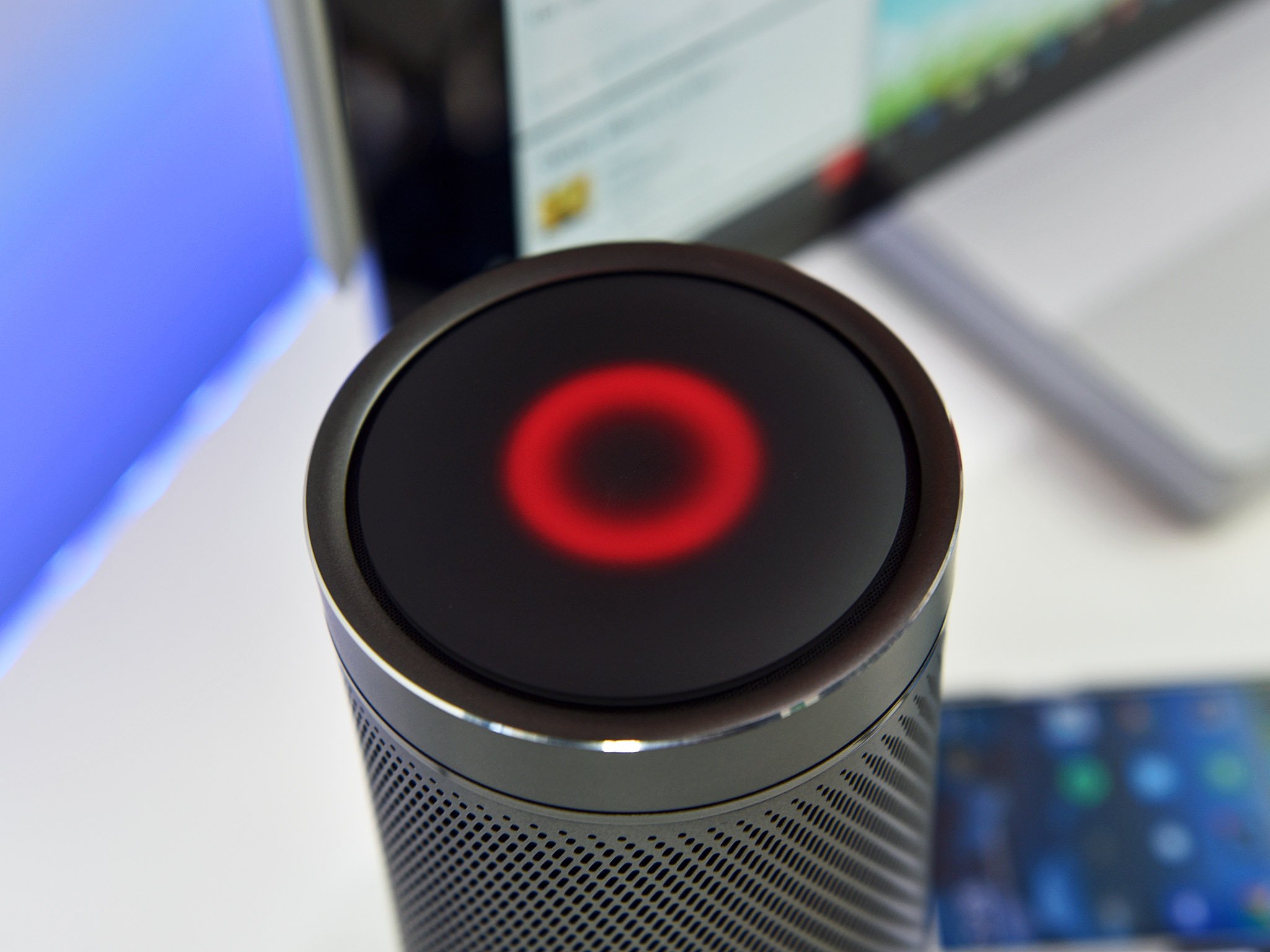
Once upon a time, Cortana was going to revolutionize productivity and organization for every user of the Microsoft ecosystem. On PCs and Windows phones, "she" would help you set up reminders, keep track of your appointments, and dynamically let you know if you need a raincoat for that morning commute. On Xbox, Cortana would be your gateway to voice-activated media controls and keep track of your friends' activities on Xbox Live. On IoT, Cortana was supposed to arrive on a new generation of connected devices. So uh, how did this all go down? Not as planned.
Microsoft says it's still committed to Cortana, attempting to end speculative commentary that portents the voice assistant's doom. But actions speak louder than words, and at least on the face of it, Microsoft has been doing a whole load of nothing to showcase and develop Cortana as a platform.
Hey Cortana, install Alexa
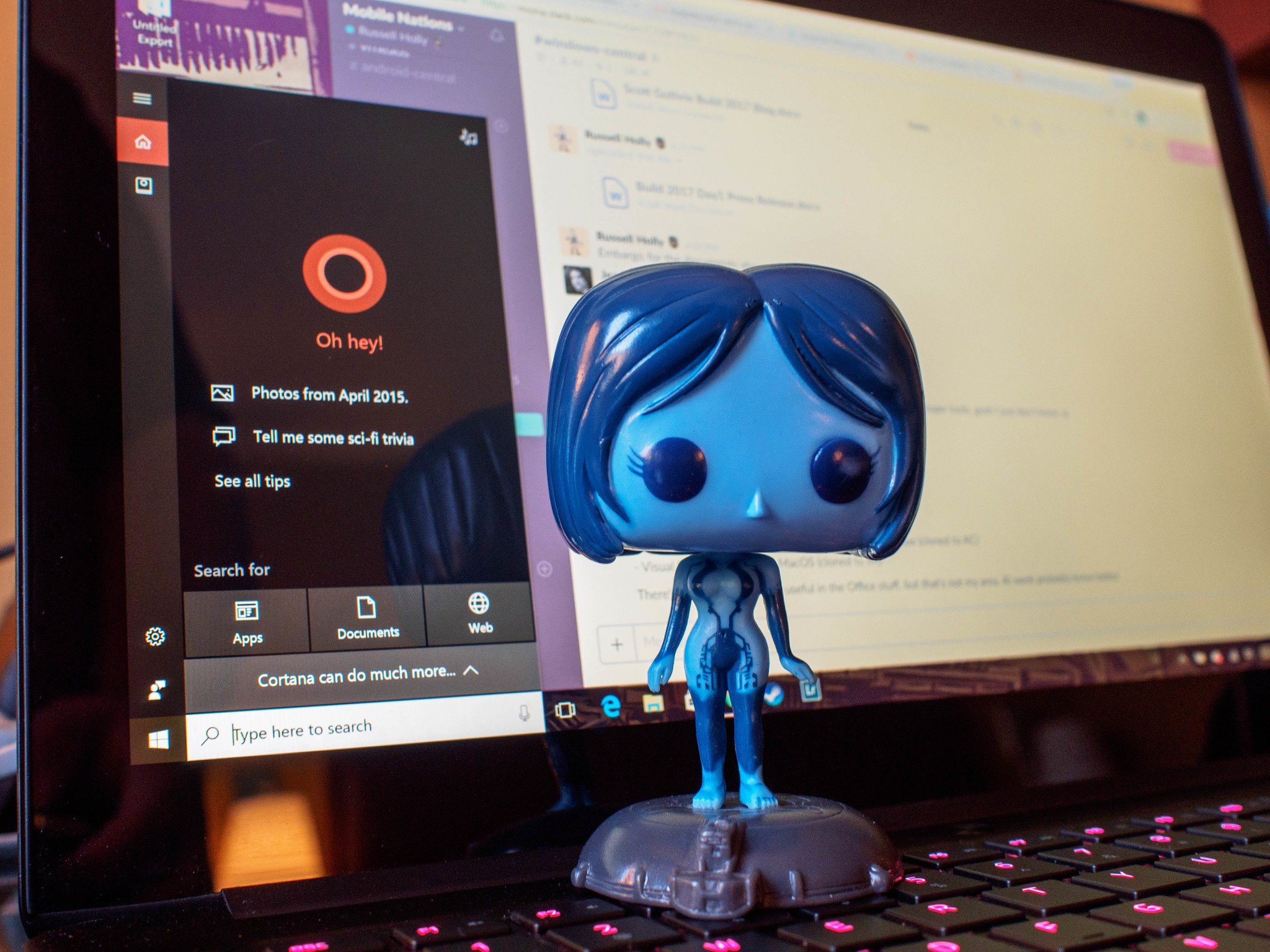
While most of the features described above arrived, they either did so slowly, in a near-useless state, or, in some cases, not at all. That's particularly so if you were in the wrong market. Cortana is in a weird, scary place right now, and it doesn't feel like Microsoft is giving the web-based Bing assistant anywhere near the level of resources she needs.
Amazon's Alexa, with an army of cheap and powerful connected speakers, has thoroughly come to dominate the whole idea of what a voice-activated assistant should be. But even Alexa has her disadvantages, in that she's more or less limited to that speaker in the corner of your house.
Cortana should have been well placed to take a dominating role in this new category.
Luckily for Cortana, Alexa's apps on Android and iOS aren't that great, yet. So, on a wide array of Microsoft-backed devices and hundreds of millions of PCs, Cortana should have been well placed to really take a dominating role in this exciting and new category. But it hasn't panned out that way.
Amazon's Alexa is now encroaching on Windows PCs. Announced at CES, Amazon Alexa will now come bundled with various PCs from high-profile vendors, such as ASUS and HP, which can only be seen as a snub of Microsoft's own voice-assistive efforts. Microsoft also previously announced that Alexa skills would be baked directly into Cortana, a partnership spawned from a position of weakness, rather than strength. If Cortana was powerful enough, intuitive enough, and had the same level of developer support as Alexa, this "partnership" probably wouldn't be happening.
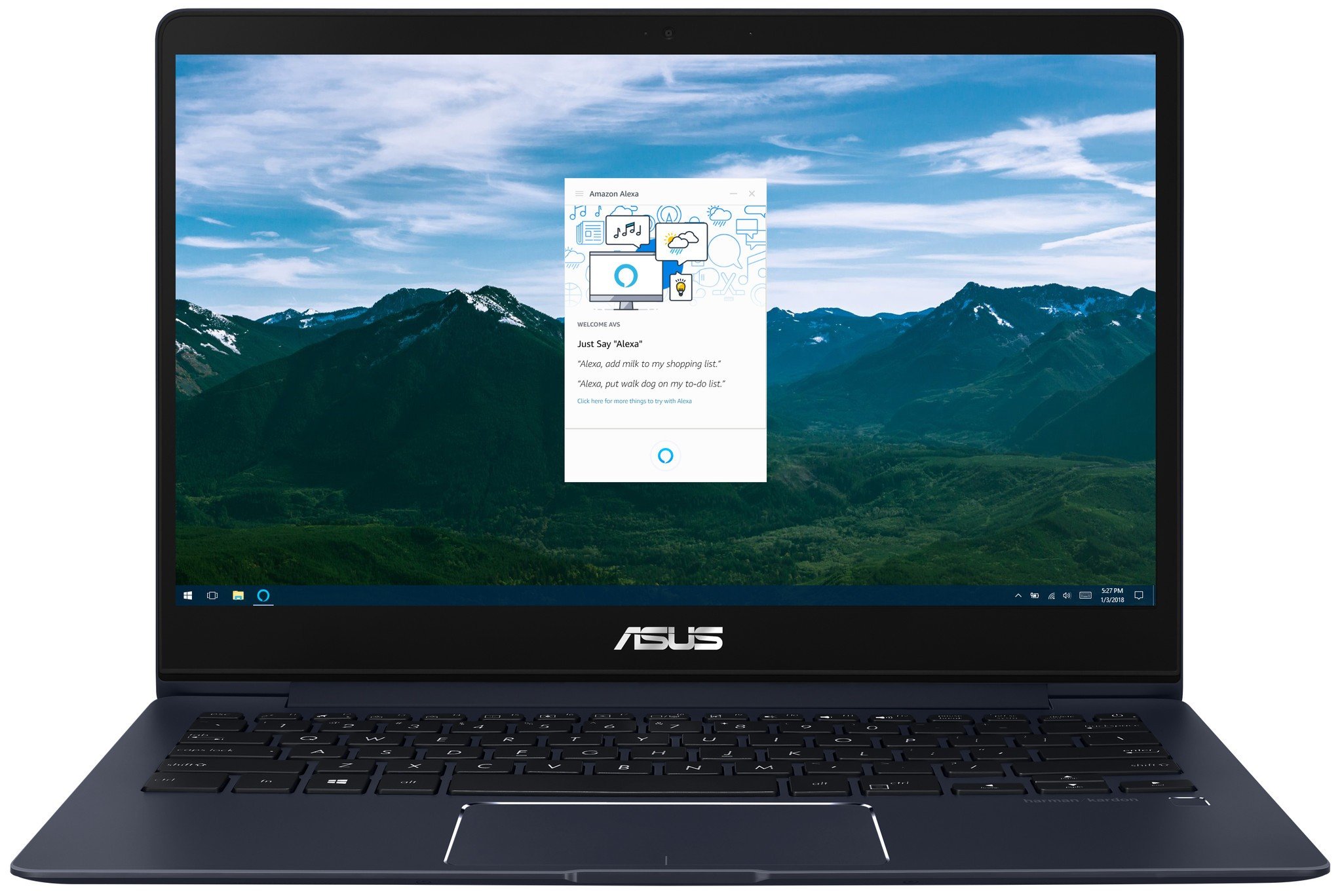
The whole idea of saying "Hey Cortana, open Alexa," before accessing Amazon's own services is ridiculous, particularly when Alexa will be getting direct-access apps on Windows PCs. Anything Cortana does, Alexa can do better, and when she arrives on Microsoft's own platform, you have to presume that Cortana's days are well and truly numbered.
Get the Windows Central Newsletter
All the latest news, reviews, and guides for Windows and Xbox diehards.
Cortana isn't a global product
Many of the complaints I have about Cortana extend directly to her insular nature. If you're based in the U.S., your experience with Cortana will wildly differ from my own, being in the UK, where half of Cortana's services and capabilities aren't available. Of course, I'm lucky to even have Cortana, considering she isn't available in the vast majority of territories and markets around the world. For a company as huge as Microsoft, this is just insane.
The trickle of IoT devices that support Cortana, such as the gorgeous GLAS thermostat, and Harman Kardon's surprisingly capable Invoke speaker are far from the army of devices Microsoft promised years ago for Cortana's IoT future. And these devices are available only in the U.S., as usual.
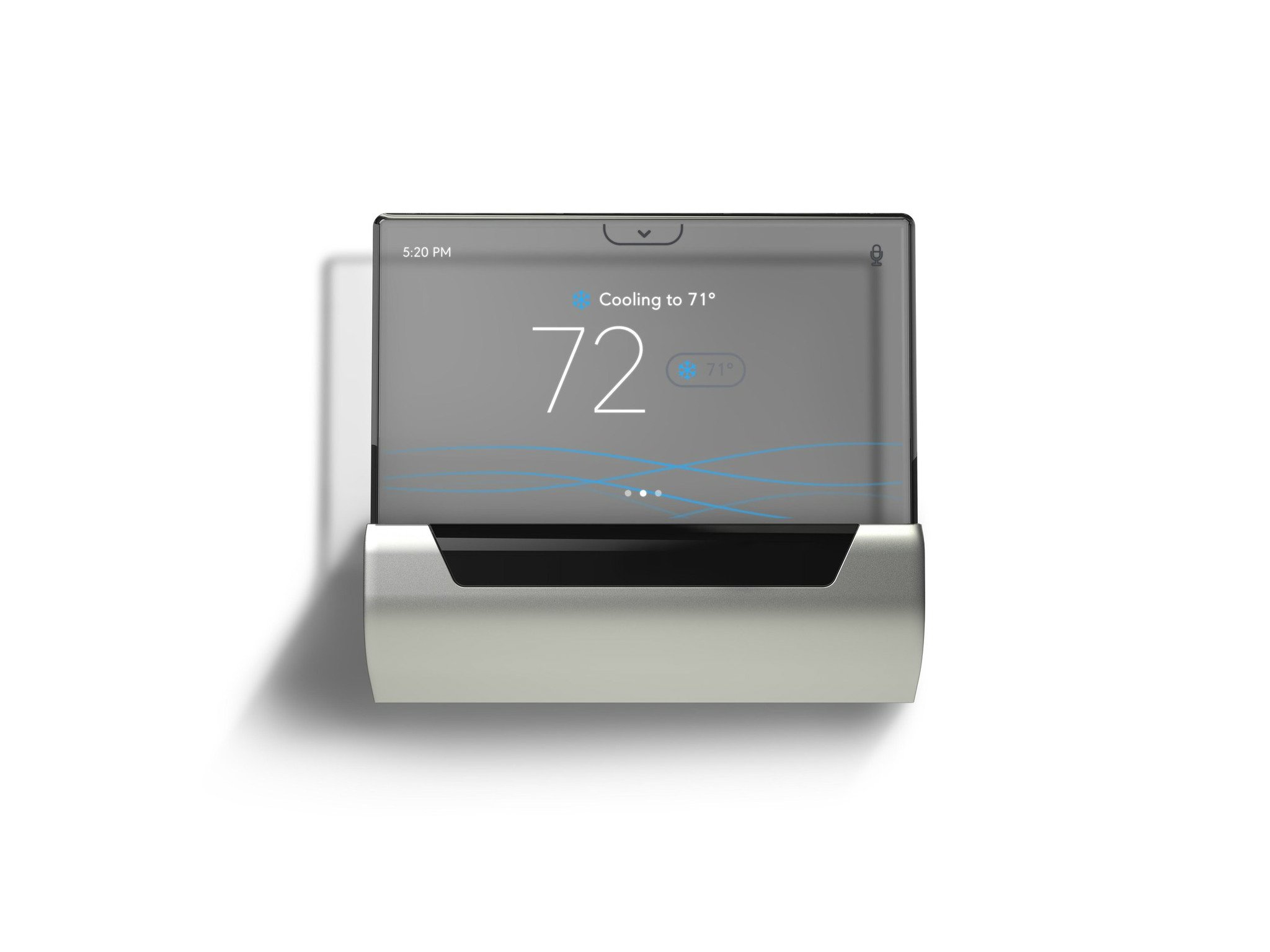
If you're a hardware manufacturer or developer looking to build services that tie into a home automation platform, do you choose Cortana, which has no dedicated devices, or Amazon Echo, which just rolled out to 80 countries? That's an easy answer.
Where is the global flagship Cortana device?
Save for a small handful of PCs with far-field microphone tech, yelling into your laptop's microphone is an utterly frustrating experience, and it pales in comparison to a dedicated microphone array, as seen with Amazon's Echo speakers or even Microsoft's own, now dead, Kinect sensor. Where is the global flagship Cortana device?
Alexa, and other products, such as Google Home, have their own growing pains in non-US countries for sure, but at least Alexa already has far more capabilities in her main territories and can be used adequately in dozens of other countries providing you speak one of her languages. Microsoft's excuse for the lack of Cortana support in other countries has often been to blame localization issues, but as a Brit, there is literally no downside to using Cortana set to a U.S. language. Cortana's features just work when you switch her language, but Microsoft asks you to put up with the annoying inconveniences that can arise from having your device location separated from your OS location for the privilege.
Get real or get out
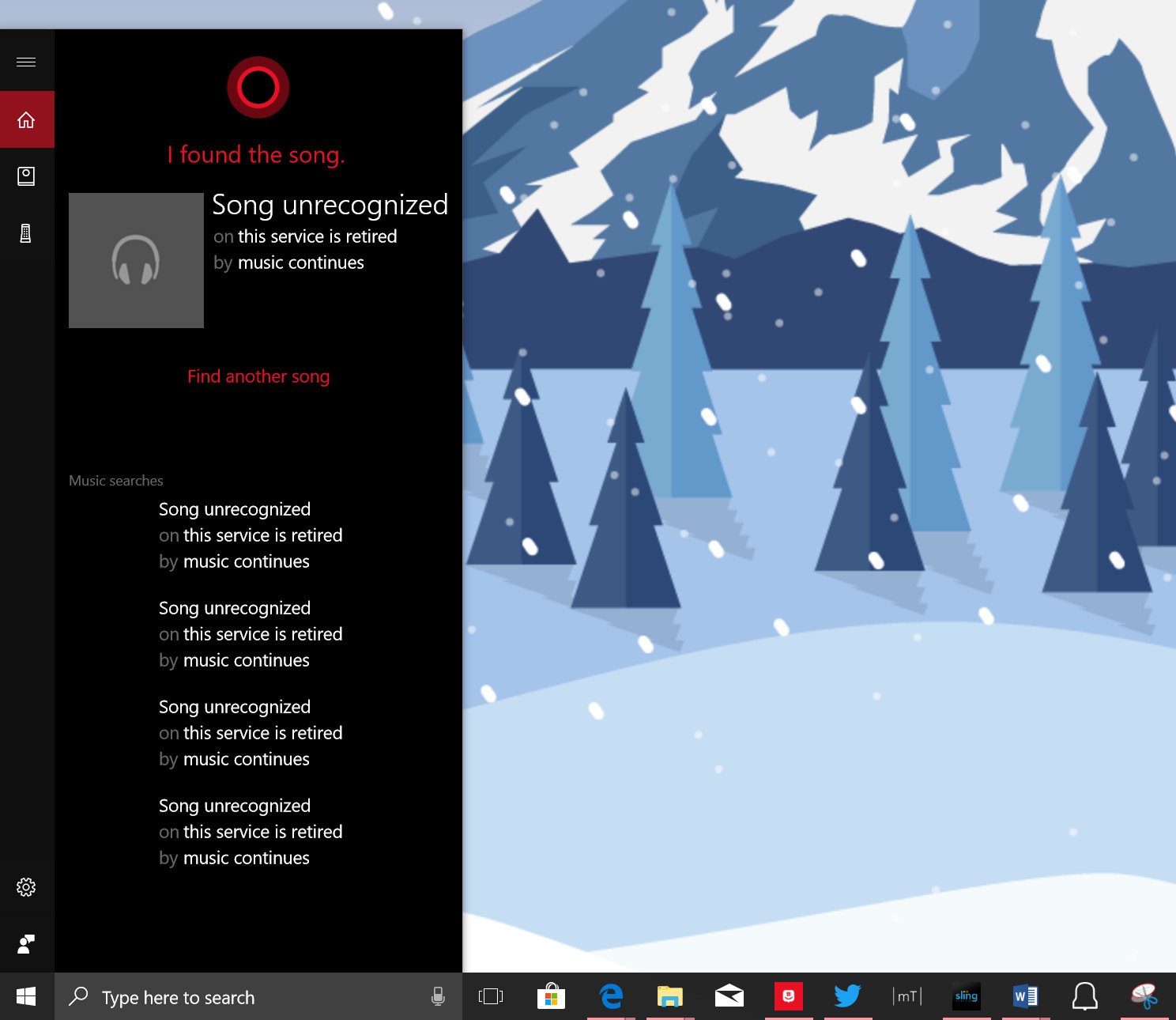
Cortana is starting to look like it could be the next big Microsoft consumer product to be thrown on the scrap heap, following Groove Music, Windows 10 Mobile, and various other legacy products.. Cortana is a little different, though, in the sense that she is merely a portal to Microsoft's Bing search engine, which has enjoyed market share growth.
Why keep a dead feature baked into Windows itself, though? Cortana hasn't received a meaningful update in what feels like years at this point. The Cortana button in my taskbar feels like a useless, vestigial limb. Cortana on Xbox is miserably inadequate. Cortana is clunky, slow, and with Kinect sales now killed off, literally unusable for new Xbox owners. The whole fiasco is just embarrassing.
In a recent editorial, our Executive Editor Daniel Rubino outlined his view that Microsoft is working towards a grander, more focused vision, where products are more finely curated before being pushed out to consumers.
The idea of relying on Microsoft services for personal computing is becoming less tenable.
Groove, Microsoft Band, and Windows Phone are all products that, in Rubino's view, represented the old Microsoft, whose notorious silo-style workspace led to a litany of half-baked products that were either broken or simply too late to market. Which side of the fence does Cortana lie on? At this point, it's hard to tell.
What is the deal here, Microsoft? Is Cortana next on the chopping block? Or do you still have plans to improve her? You need to answer that question sooner than later because it looks like the era of the smart assistant is about to become yet another major computing market you guys missed out on.
There's a wider argument to tap into here, but Cortana represents a single facet of a pervasive problem where, as a core user, it's starting to feel like the very idea of relying on Microsoft services and systems for personal computing is becoming less and less tenable. Cortana could become another reason for Microsoft users to jump to another ecosystem and never look back.

Jez Corden is the Executive Editor at Windows Central, focusing primarily on all things Xbox and gaming. Jez is known for breaking exclusive news and analysis as relates to the Microsoft ecosystem while being powered by tea. Follow on Twitter (X) and Threads, and listen to his XB2 Podcast, all about, you guessed it, Xbox!
